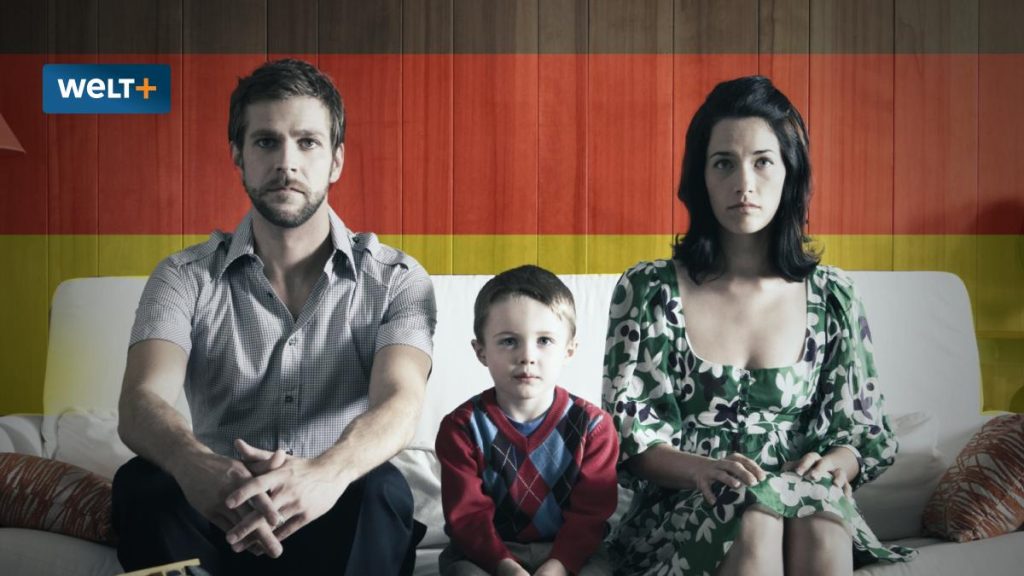The number of people living in families in Germany is declining, as reported by the Federal Statistical Office. The traditional family unit of parents and children living together seems to be becoming less prevalent in the country. Demographer Trappe has pointed out some demographic trends that may be causing this shift, and also highlighted a gap in the data collection process.
One possible reason for the decline in families living together is the changing nature of relationships and living arrangements in modern society. Many young adults are choosing to live independently or with roommates instead of with their parents or starting families of their own. This shift in societal norms and values is reflected in the declining numbers of traditional family units.
Another factor contributing to the decrease in families living together could be economic pressures. The rising cost of living, housing expenses, and childcare can make it difficult for people to afford to live together as a family unit. This economic strain may be leading to more individuals opting to live on their own or with housemates instead of with their families.
While the declining trend of families living together may be concerning, it is important to consider the broader context of societal changes that may be contributing to this shift. The traditional family structure is not the only valid living arrangement, and diverse family formations should be acknowledged and supported. As long as individuals have strong support networks and relationships, the specific living arrangements may not matter as much.
Demographer Trappe also pointed out a potential flaw in the data collection process that may be skewing the reported statistics on family living arrangements. It is possible that some families are not being accurately counted in the data due to factors such as cohabitation, non-traditional family structures, or living arrangements that do not fit the typical definitions of a family unit. This discrepancy highlights the importance of thorough and accurate data collection methods in understanding societal trends.
Overall, the declining number of traditional families living together in Germany reflects broader societal changes in relationships, values, and economic pressures. While this trend may be concerning to some, it is important to recognize and validate the diverse family structures that exist in modern society. Demographers and policymakers should take into account the complexities of family living arrangements and ensure that data collection methods accurately capture the full range of family formations in order to inform effective policies and support systems for individuals and families.















